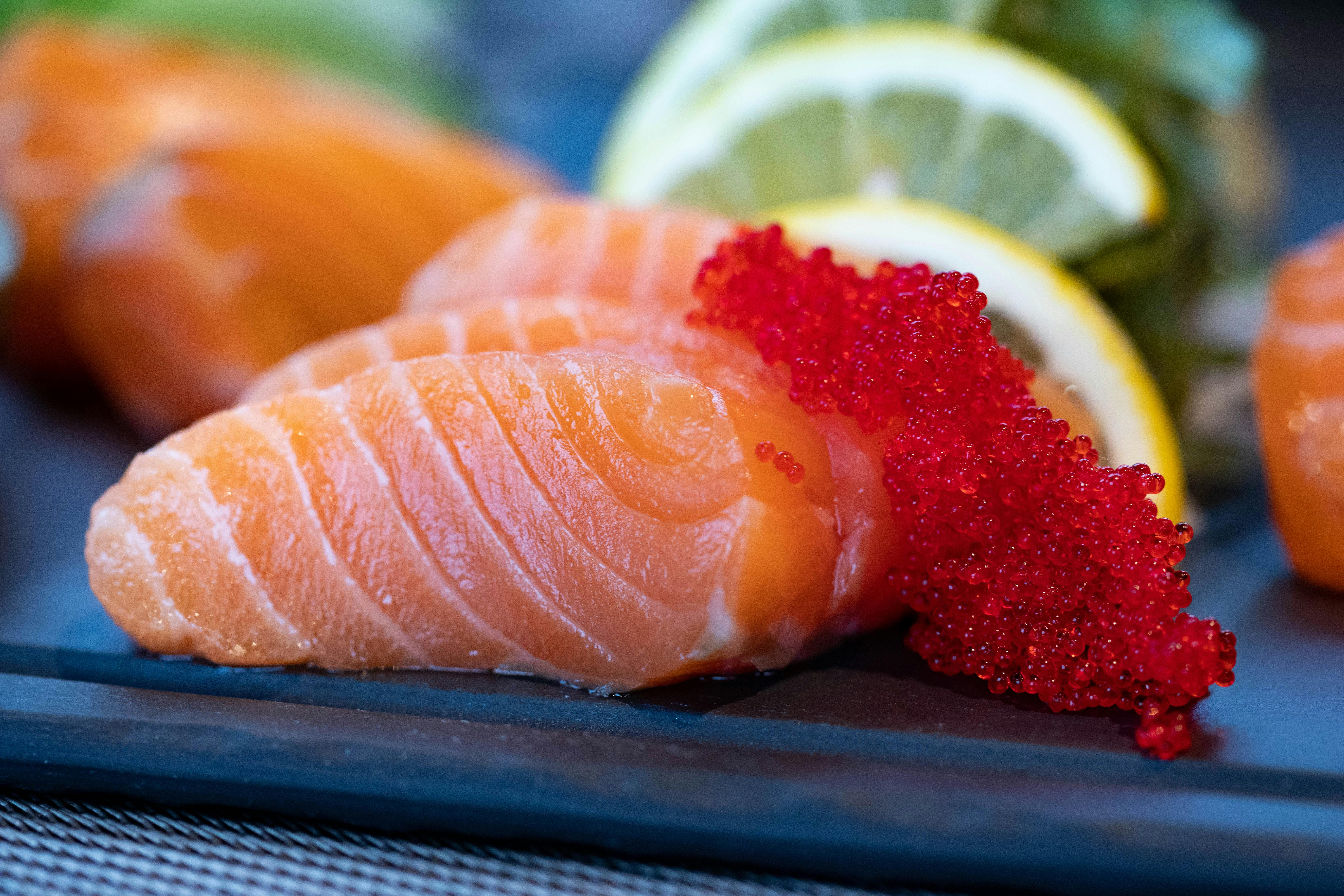Effective Ways to Enhance Your Wisdom Teeth Diet in 2025

Effective Ways to Enhance Your Wisdom Teeth Diet in 2025
Experiencing wisdom teeth removal can be a significant event which demands careful dietary management. After the surgical procedure, your body requires adequate nutrition to facilitate healing, minimize discomfort, and avoid complications such as inflammation or infections. A well-thought-out wisdom teeth diet can aid in your recovery journey, promoting a smoother transition back to your normal eating habits.
This article discusses effective strategies to enhance your diet post-surgery, the types of foods to embrace and avoid, and meal ideas specifically tailored for your recovery. Emphasizing soft, nutrient-rich foods that are easy to consume will not only improve your healing process but also ensure you get the essential vitamins and minerals needed during this period.
Let’s explore the best practices, meal ideas, and foods that support your recovery after wisdom teeth extraction.
Understanding Your Diet After Wisdom Teeth Removal
After wisdom teeth extraction, changing your diet is crucial. Knowing what to consume and what to avoid can make the difference between a swift recovery and a prolonged discomfort phase. Initially, you'll be advised to start with a liquid diet to ensure you don’t irritate your gums or extraction sites. Hydration is essential during this period; water, herbal teas, and sugar-free drinks are all excellent options.
Hydration After Wisdom Teeth Removal
Staying hydrated is critical after dental surgery. Not only does it support overall recovery, but appropriate hydration also promotes saliva production, which helps in healing. Aim for at least 8 to 10 glasses of water daily. If plain water does not appeal to you, consider low-sugar smoothies or broth-based soups as alternatives. Including electrolyte-rich beverages can assist in replenishing nutrients as well.
Making the Shift to Soft Foods
Transitioning from a liquid diet to soft foods is the next step in your oral recovery journey. Foods such as yogurt, pudding, and smoothies are easy to consume and can provide essential nutrients. Post-operation, incorporate nutrient-dense options like protein shakes and soft fruits, which are not only gentle but rich in healing properties. For instance, smoothies for wisdom teeth recovery can include bananas or avocados blended with low-fat yogurt or almond milk.
What Foods to Avoid Following Tooth Extraction
Knowing which foods to steer clear of is just as important as understanding what to eat. Avoid hard, crunchy, and chewy foods that can cause irritation to the gums or potentially dislodge blood clots. Spicy and acidic foods should also be avoided, as they can lead to discomfort. Make a note to avoid sugary snacks and empty-calorie foods that do not contribute to your healing.
Meal Ideas for Wisdom Teeth Recovery
Creating balanced meal ideas post oral surgery is essential for nutrition after wisdom teeth removal. Incorporate easy-to-eat options that are rich in nutrients yet gentle on the mouth.
Breakfast Options for Post-Surgery
For breakfast, consider soft foods like oatmeal mixed with mashed fruits or yogurt. Oatmeal is comforting, warm, and easy to digest, making it a great choice. You can enhance it with protein powder or nut butter for added benefit. Smoothies are another excellent breakfast option, providing hydration and nutrients without the need for chewing.
Lunch and Dinner Meal Ideas
For lunch, soft soups like butternut squash or potato leek can be soothing. Make sure they are served warm, not hot, to avoid irritation at the extraction site. For dinner, consider mashed potatoes, which can be loaded with nutrition if you add cheese or yogurt for creamy consistency.
Snack Ideas for Recovery
Snacking can be challenging post-surgery; however, incorporating gentle snacks can stimulate your appetite and aid recovery. Options like smoothies, soft cheese, or applesauce are easy to consume. Be mindful of textures and ensure that snacks don't require much chewing.
Nutritional Considerations After Tooth Extraction
Nutritional needs evolve after tooth extraction, and focusing on vitamins is crucial for recovery. Essential nutrients play a vital role in speeding up the healing process and can prevent complications.
Protein Sources for Healing
Protein is essential for repairing tissues and fighting inflammation. After wisdom teeth removal, consider sources like soft-cooked eggs, Greek yogurt, and blended protein shakes. Chicken or fish can be introduced as they’re rich in protein but ensure they are well-cooked and easy to chew to avoid any discomfort.
Fruits and Vegetables for a Balanced Diet
Incorporating mashed fruits or soft cooked vegetables is vital for providing vitamins and antioxidants that help your body heal. Foods high in omega-3 fatty acids, like avocados or flaxseeds, can help reduce inflammation. Smoothies made with leafy greens or blended berries can offer a burst of nutrients while being gentle on the mouth.
Importance of Hydration on Recovery
Ensuring you stay hydrated can promote healing significantly. Aim for a variety of hydration sources, infusing water with fruits for flavor can be helpful. Avoid using straws as the suction can disturb healing extraction sites.
 example.com/image2.png
example.com/image2.png
Eating Tips for Comfort and Convenience
During your recovery, it’s essential to create an eating environment that minimizes discomfort. Here are several practical tips to make dining easier post-surgery:
Preparing Easy-to-Digest Meals
Meal prep for oral surgery can save you time and effort during your recovery. Preparing soft meal items in advance can help you avoid cooking when you're not feeling your best. Meal ideas might include homemade pureed soups, pre-made smoothie packs, and mashed meals that can be easily reheated.
Getting Creative with Recipes
Pursuing nutritious recipes for wisdom teeth recovery can make eating enjoyable. Explore soft dessert options like custards or ice cream, which can also provide comfort. Recipe creativity allows for versatility while ensuring you’re still adhering to a soft food diet.
Monitoring Your Eating Habits
Being mindful of your eating habits after oral surgery is vital. Take small bites, chew slowly if applicable, and listen to your body’s signals to avoid discomfort. This cautious approach not only enhances your experience but can prevent complications as you heal.
Conclusion: Building a Sustainable Recovery Diet
In summary, enhancing your diet after wisdom teeth removal is about more than just soft foods; it’s about creating a balanced, nutrient-rich plan that promotes healing and comfort. Focus on hydration, avoid foods that can irritate your gums, and be creative with meal planning for an enjoyable recovery. Embrace these effective approaches, and you’ll be well on your way to feeling your best post-surgery.
 example.com/image3.png
example.com/image3.png
Common Questions About Wisdom Teeth Diet
Q1: What are the best foods to eat after wisdom teeth removal?
A: Opt for soft foods such as yogurt, smoothies, soups, and mashed potatoes that are gentle on your gums.
Q2: How long does a soft food diet last after surgery?
A: Generally, you should stick to soft foods for at least a week; however, consult your dentist for personalized recommendations.
Q3: Can I have spicy foods after wisdom teeth extraction?
A: It’s best to avoid spicy foods as they can irritate the extraction site and complicate the healing process.
Q4: Is hydration important post-surgery?
A: Yes, staying hydrated is crucial for recovery and helps promote better healing outcomes.
Q5: What snacks are suitable for wisdom teeth patients?
A: Soft snacks like applesauce, smoothies, and pudding work well to keep your energy up without putting stress on your mouth.